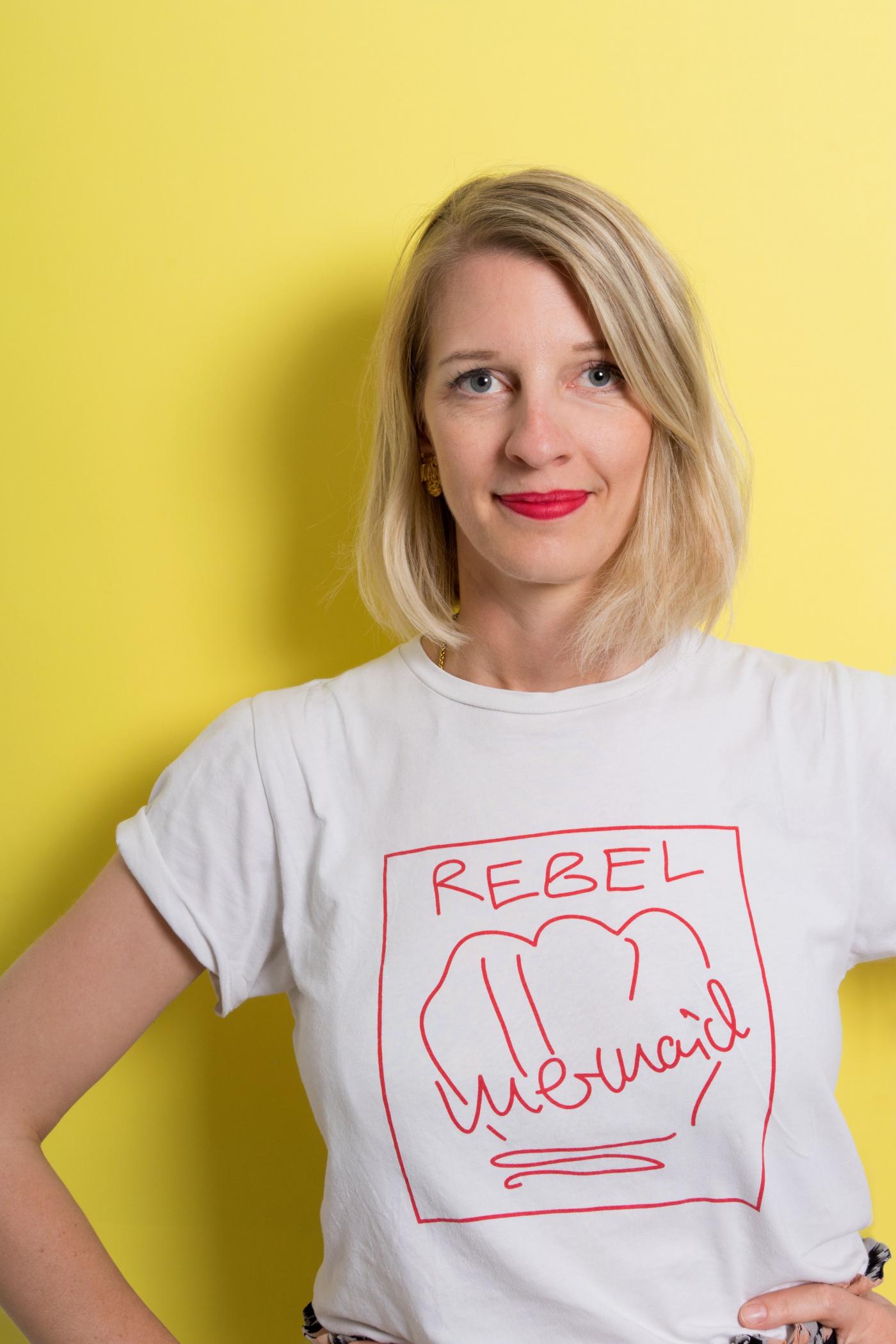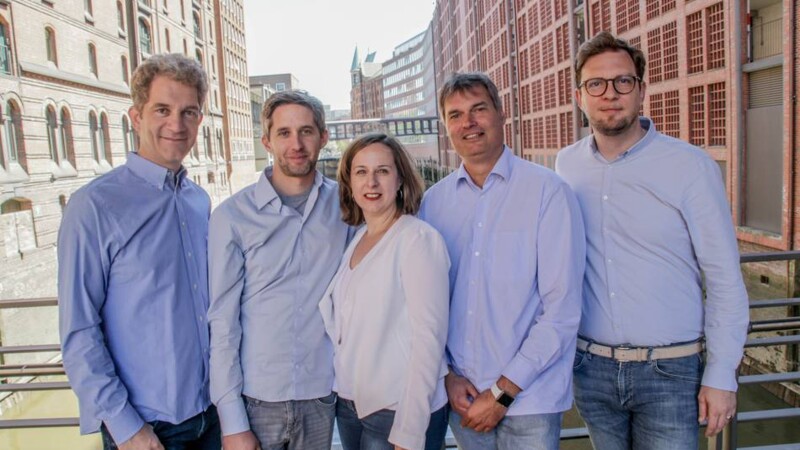“The Foodlab will be a meeting point for the entire food sector in northern Germany. Businesses large and small will interact there to develop new ideas, experiment with new recipes in our pop-up restaurant and present their products to a wider public,” said Siegemund. The Foodlab covers a broad spectrum in facilitating innovation for established players, entrepreneurs, restaurateurs and chefs. The range extends from its own accelerator – a six-month programme that takes in coaching sessions and a slot in the “Foodlab co-working space” – via development, fermentation and production kitchens, up to a photo studio for displaying the products professionally. Last but not least, there will be a roastery for coffee beans and an event location.
Hamburg is the secret food capital owing to the rising number of innovative start-ups, Christin Siegemund believes. As the marketing expert well knows from her own experience, being a founder is always a challenge and has hit on the idea for a creative food space called the Foodlab in Hamburg.
Co-working space and accelerator
Large location in Hafencity’s Elbtor
The basic idea of “everything under one roof” has grown and grown, quite literally. Siegemund initially looked for between 300 and 600 square metres and eventually opted for 1,200 square metres in the Elbtor Quarter in Hafencity after falling in love with it at first sight. The lease was signed last autumn. “Construction is underway, with the opening set for late June.”

Thinking ahead
Siegemund is financing the project alone. “There are no investors behind me,” she said. The Foodlab will derive its income from rentals for the co-working space, pop-up restaurant and its other services. Siegemund is already in talks with a number of businesses – from start-ups through family businesses to larger companies. “The interest is there because all businesses have to think well ahead. All are facing the question: What’s the next big thing?”
Sustainability and transparency
Sustainability is the predominant trend, said Siegemund. “The wave of ‘free from’ products that rely on alternatives for sugar, meat and cheese.” She also sees rising consumer interest in convenience products, as well as demand for greater transparency about ingredients and food miles. “The focus will also be on new drinks and Hamburg has produced a number of successful businessesin the sector.” Lemonaid and Viva con Agua hail from Hamburg and represent so-called impact start-ups for sustainable products and a social idea. The creative craftbeer scene is also thriving in Hamburg. And both boutique and major brands of spirits, such as Helmut Wermut and Gin Sul as well as Bacardi GmbH have branches on the Elbe.
ys/rm/pb
Sources and further information
More
Similar articles

Shipcloud joins Hamburg's Digital Hub Logistics


